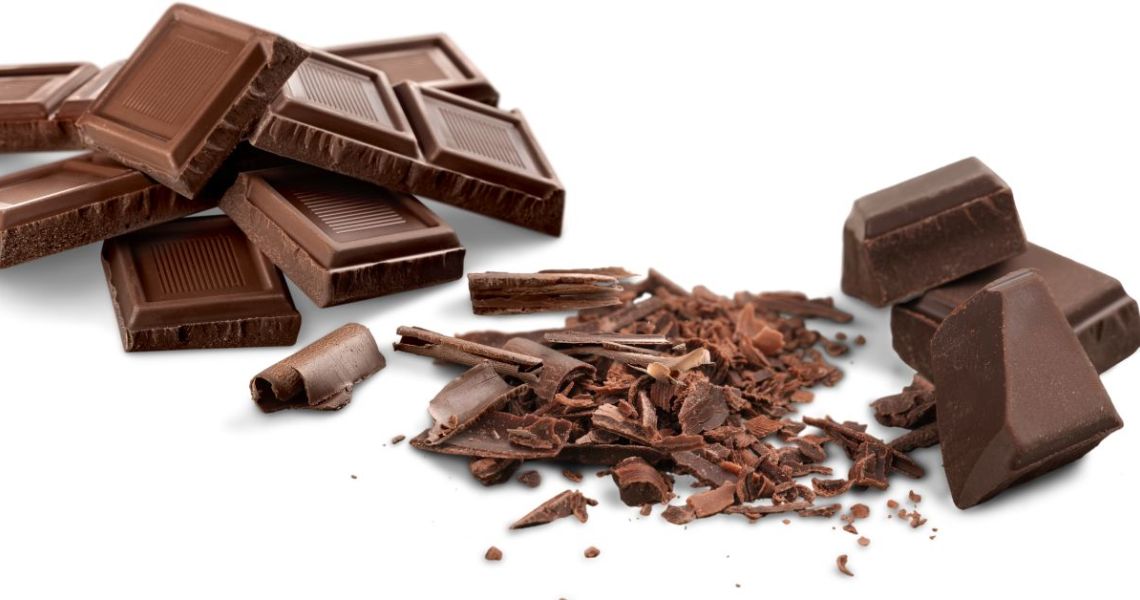A new study from George Washington University found a disquieting percentage of cocoa products in the U.S. contain heavy metals that exceed guidelines, including higher concentrations in organic products.
GW researchers analyzed 72 consumer cocoa products, including dark chocolate, every other year over an eight year period for contamination with lead, cadmium, and arsenic, heavy metals that pose a significant health hazard in sufficient amounts.
“We all love chocolate but it’s important to indulge with moderation as with other foods that contain heavy metals including large fish like tuna and unwashed brown rice,” said Leigh Frame, director of integrative medicine and associate professor of clinical research and leadership at the GW School of Medicine and Health Sciences. “While it's not practical to avoid heavy metals in your food entirely, you must be cautious of what you are eating and how much.”
The unique study was led by Leigh Frame and the study’s lead author Jacob Hands, a medical student researcher in the Frame-Corr Lab at the GW School of Medicine and Health Sciences.
The researchers used a threshold of maximum allowable dose levels to assess the extent of heavy metal contamination in an array of chocolate products, found on grocery store shelves.
